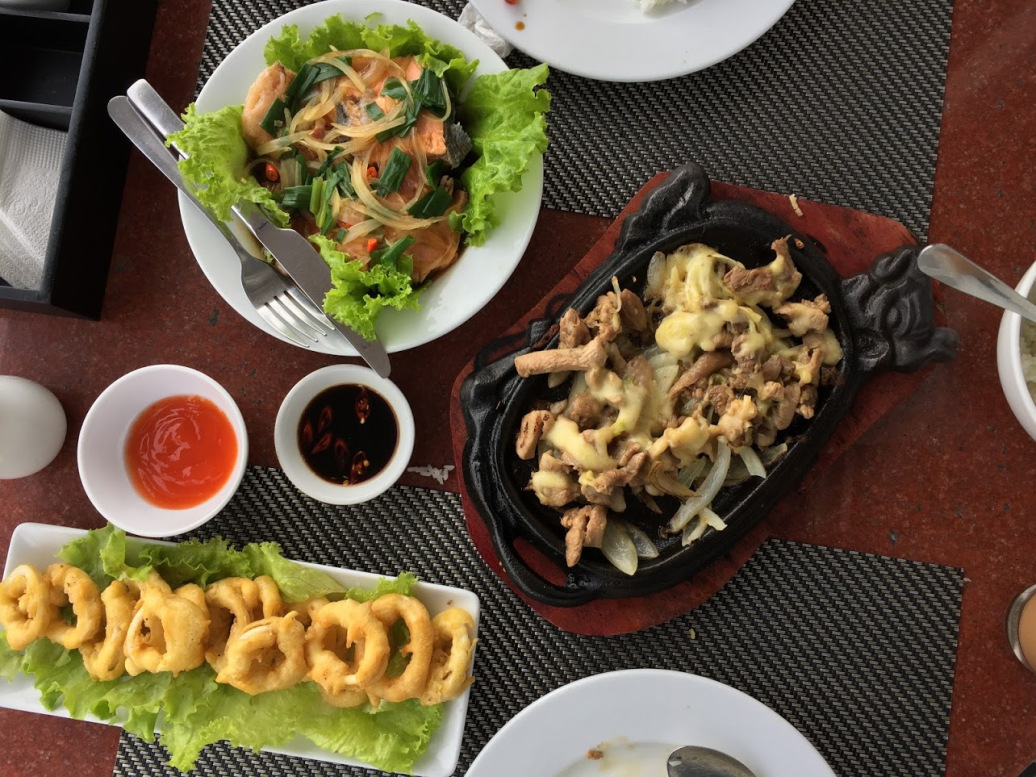Harira Recipe – Moroccan Tomato Soup with Chickpeas and Lentils
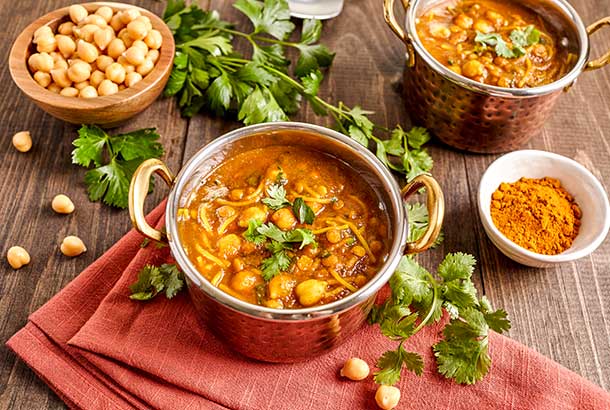

Bowl of Moroccan harira soup with dates and dried figs on the side. Photo: picturepartners | Bigstock.com
Harira is a traditional Moroccan soup of tomato, lentils, and chickpeas. Wonderfully fragrant with zesty seasoning, it often ranks high on lists of must-try Moroccan foods. It’s a popular offering in Moroccan homes and restaurants, and you can even find it sold as street food.
The name harira, derived from the Arabic word for silk, makes reference to the texture of the soup after it’s been thickened with either eggs or a tedouira of flour and water. The tedouira (thickener) sometimes includes yeast and may be left to ferment for a day or two.
Although harira is prepared year-round, it’s famously associated with Ramadan, when it’s likely to be served alongside chebakia and other traditional foods to break the fast. This tradition is so ingrained that many Moroccans consider a meal during Ramadan incomplete if harira isn’t on the table.
I share that sentiment. I’ve come to love and expect harira during Ramadan, and if I don’t have a bowl of this traditional soup after a day of fasting, something always seems to be missing even if I’ve had an otherwise satisfying meal.
As with so many Moroccan recipes, the way harira is made can vary dramatically from family to family. Beef, lamb, or chicken are typically added to flavor the stock; however, they can be omitted for a vegetarian version.
Some prefer harira light and mildly seasoned while others favor a thick, zesty soup that suffices as a hearty meal-in-a-bowl. The latter is my preference, no doubt influenced by my mother-in-law’s delicious version below, which she taught me to make long before I moved to Morocco.
Fragrantly seasoned with ginger, pepper, and cinnamon, it gets additional flavor and body from a robust quantity of fresh herbs: cilantro, parsley, celery, and onion. Rice or broken vermicelli is added as a filler.

Smen, a type of preserved butter, is an optional but recommended ingredient, as a little bit will add a pleasant layer of parmesan-like flavor.
The prep work for harira can be considerable; however, much of that work can be done in advance and the prepped ingredients put in the freezer for easy cooking at a later time.
If you plan to cook harira with any regularity, such as in Ramadan, then you may want to consider getting that prep work out of the way.
You can also make a large batch of harira and portion it out for freezing before thickening it. In this case, it’s best not to add rice since it can break down in texture. Plan to add broken vermicelli when reheating and thickening the defrosted soup.
Read through the directions for prepping ingredients for suggestions of what can be done ahead of time. A food processor will help simplify those steps.
Many Moroccans enjoy dates as an accompaniment to harira. And, if serving harira as a light supper, consider offering batbout or krachel on the side.
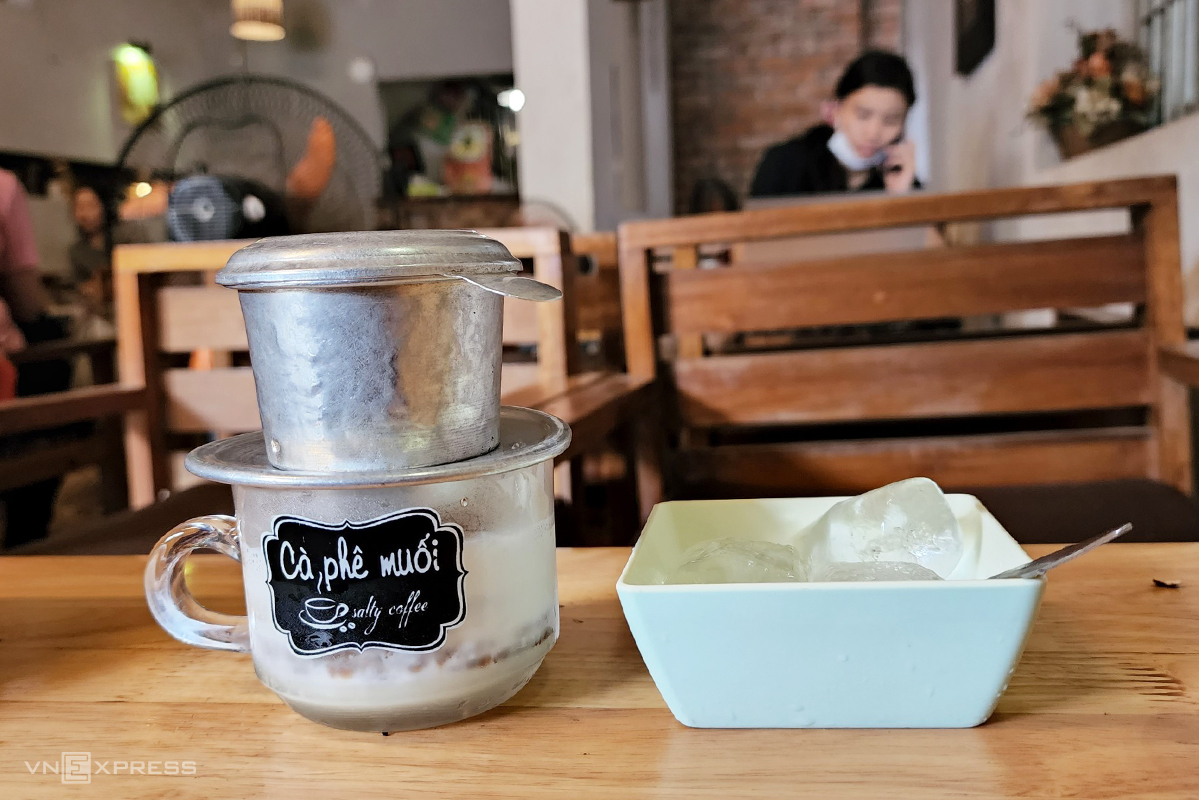
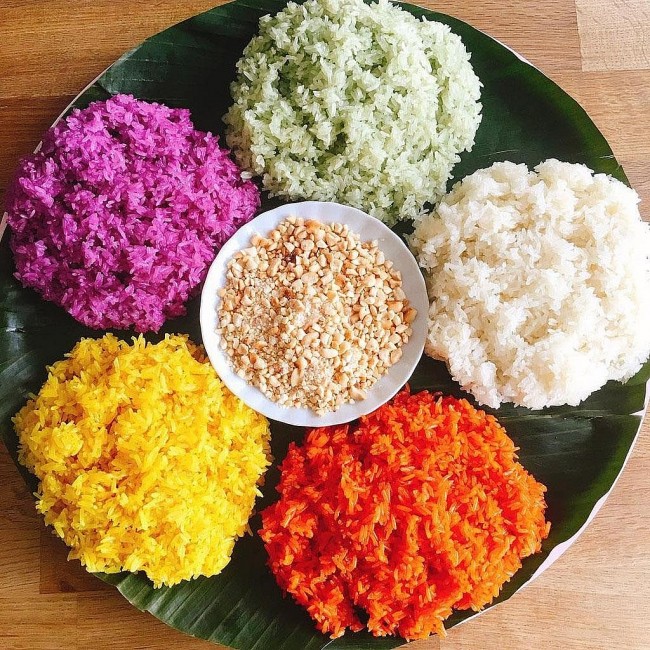
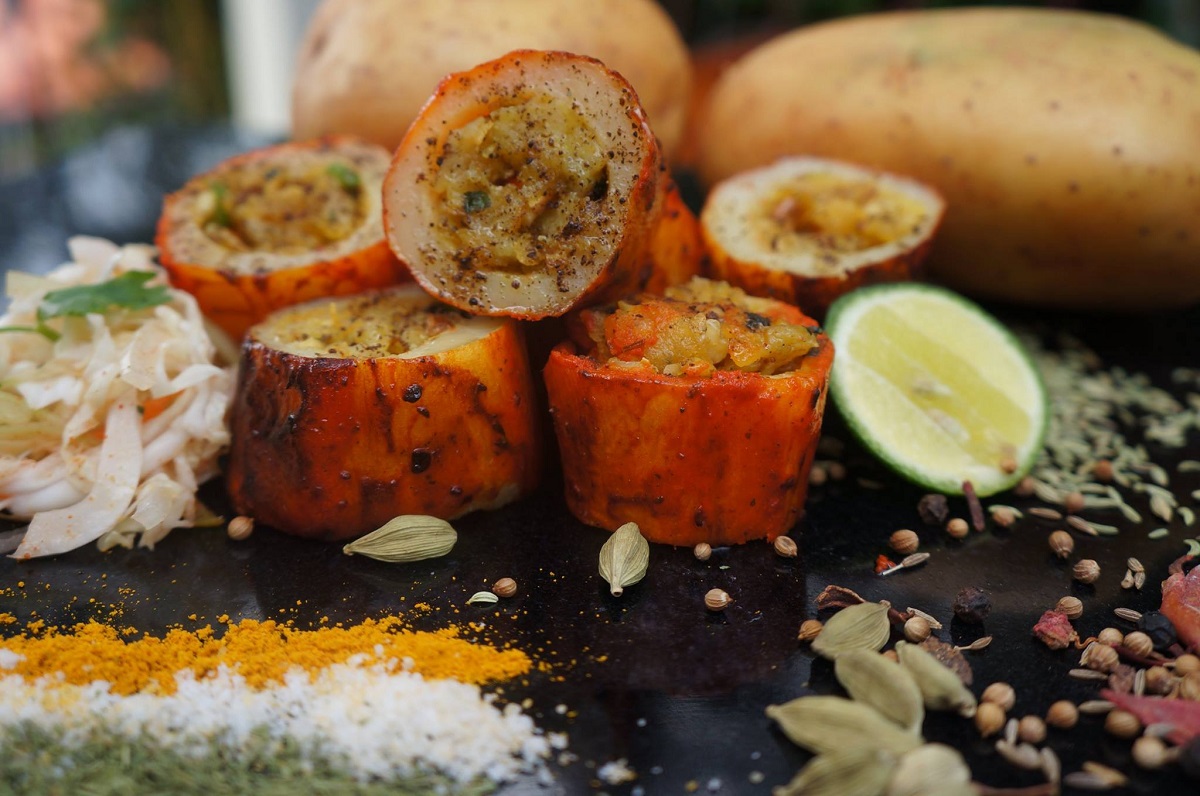
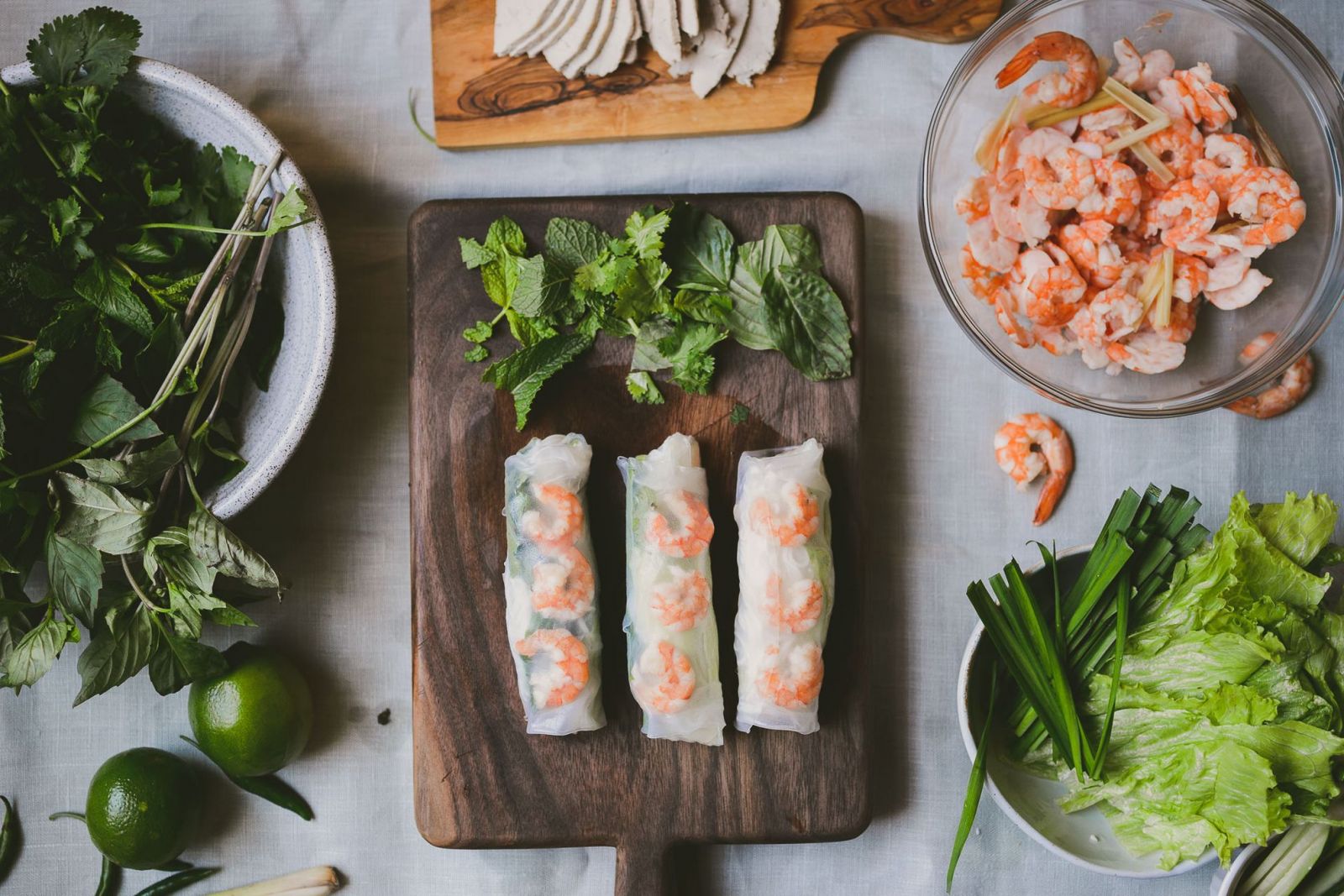
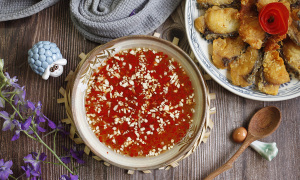
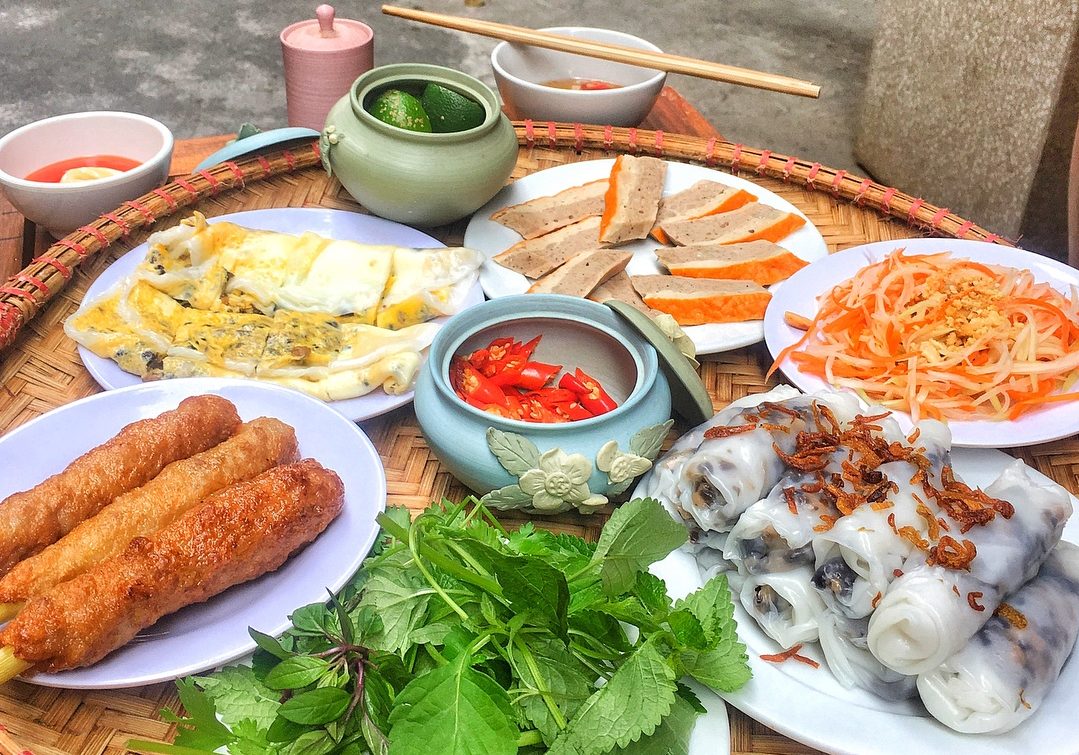

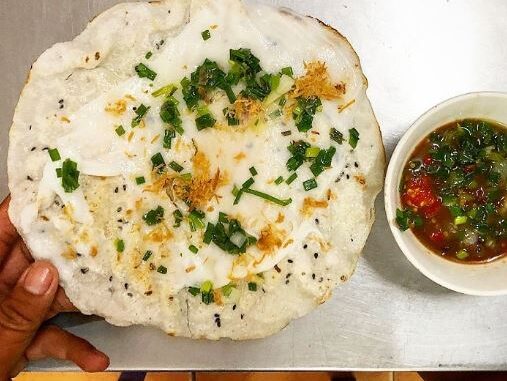
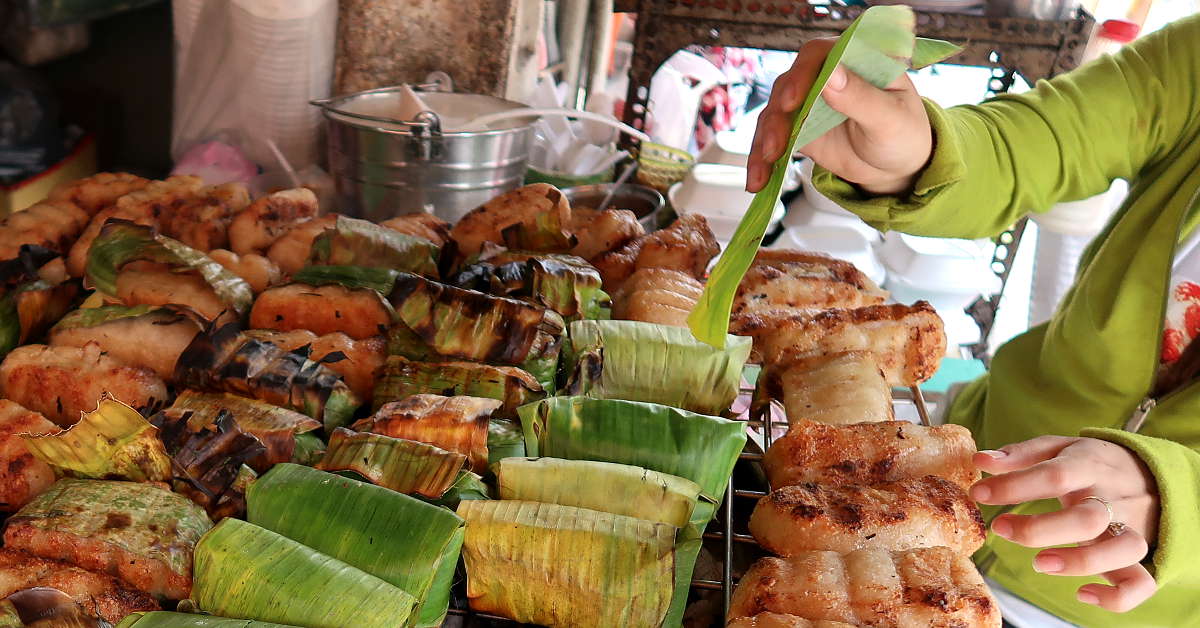
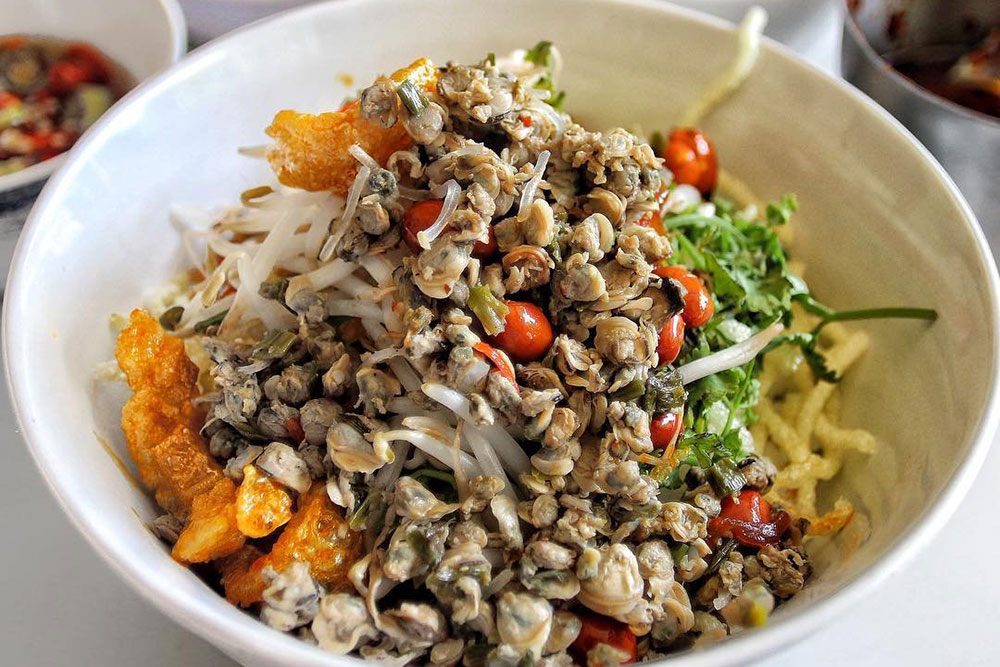


.png)
